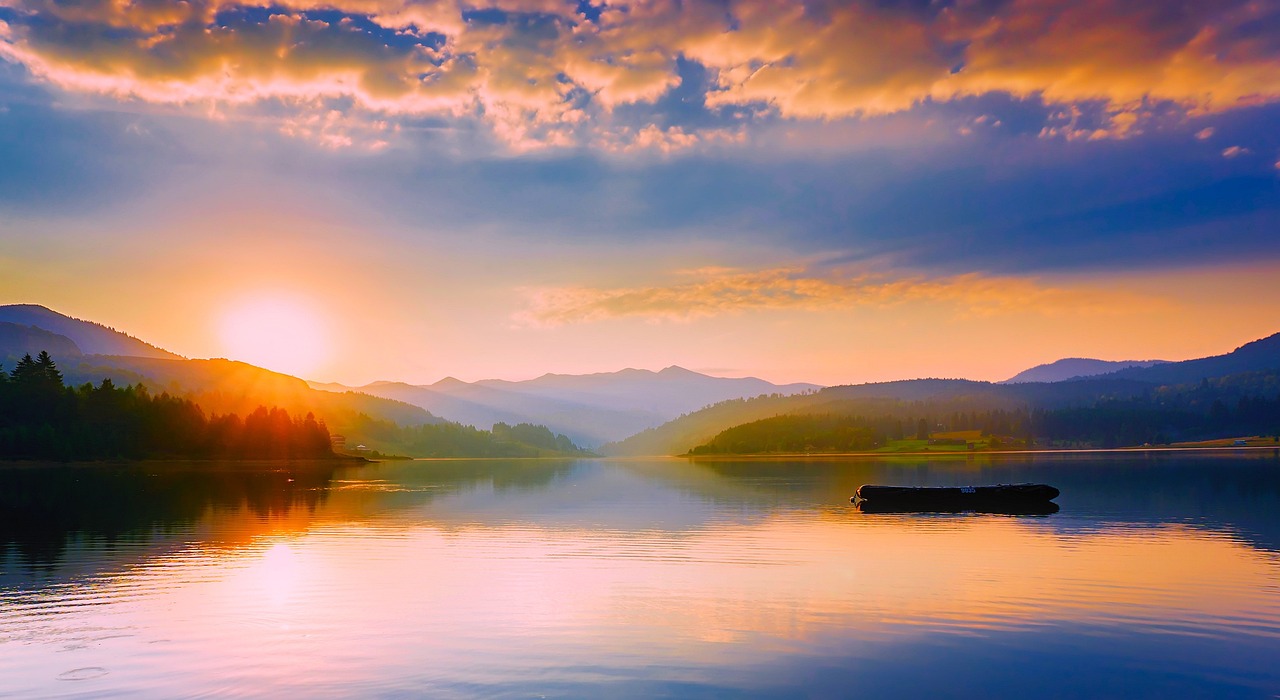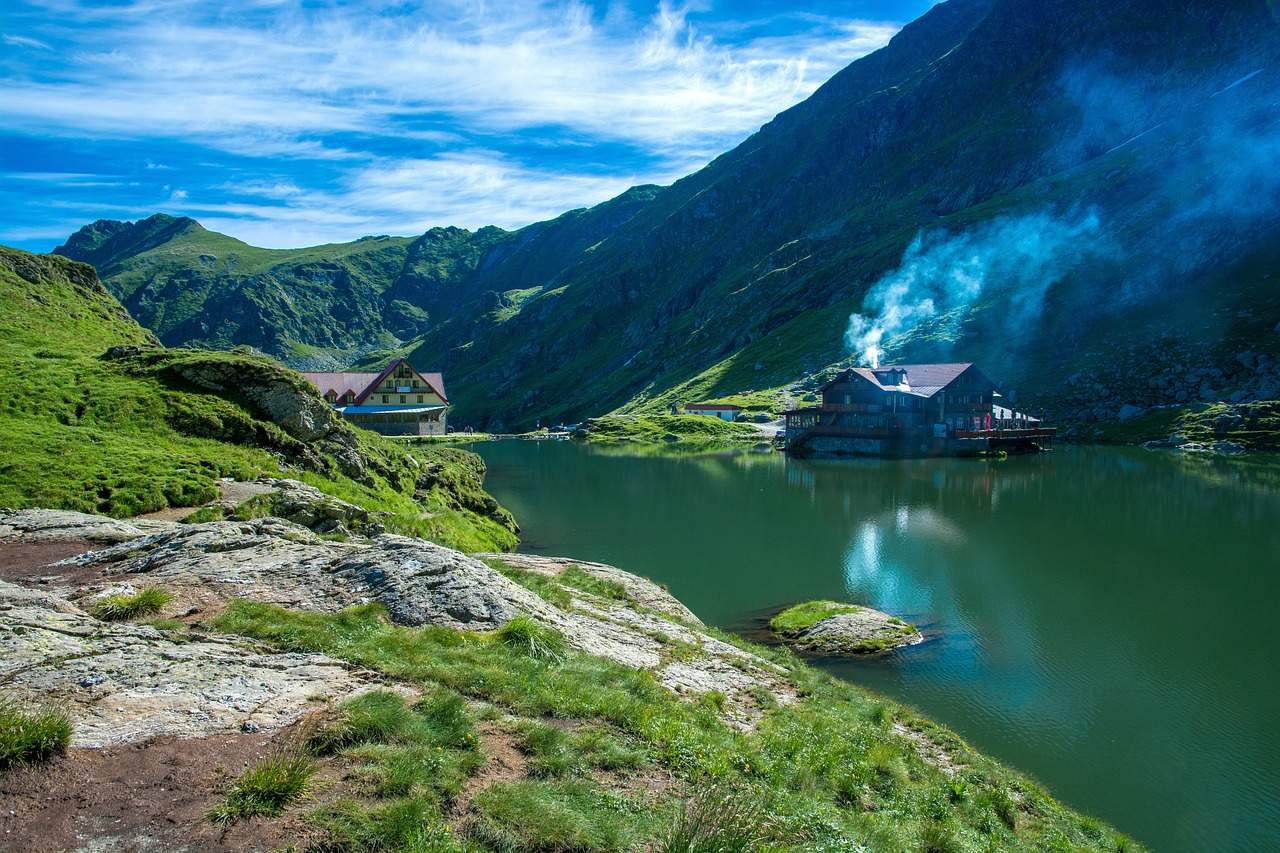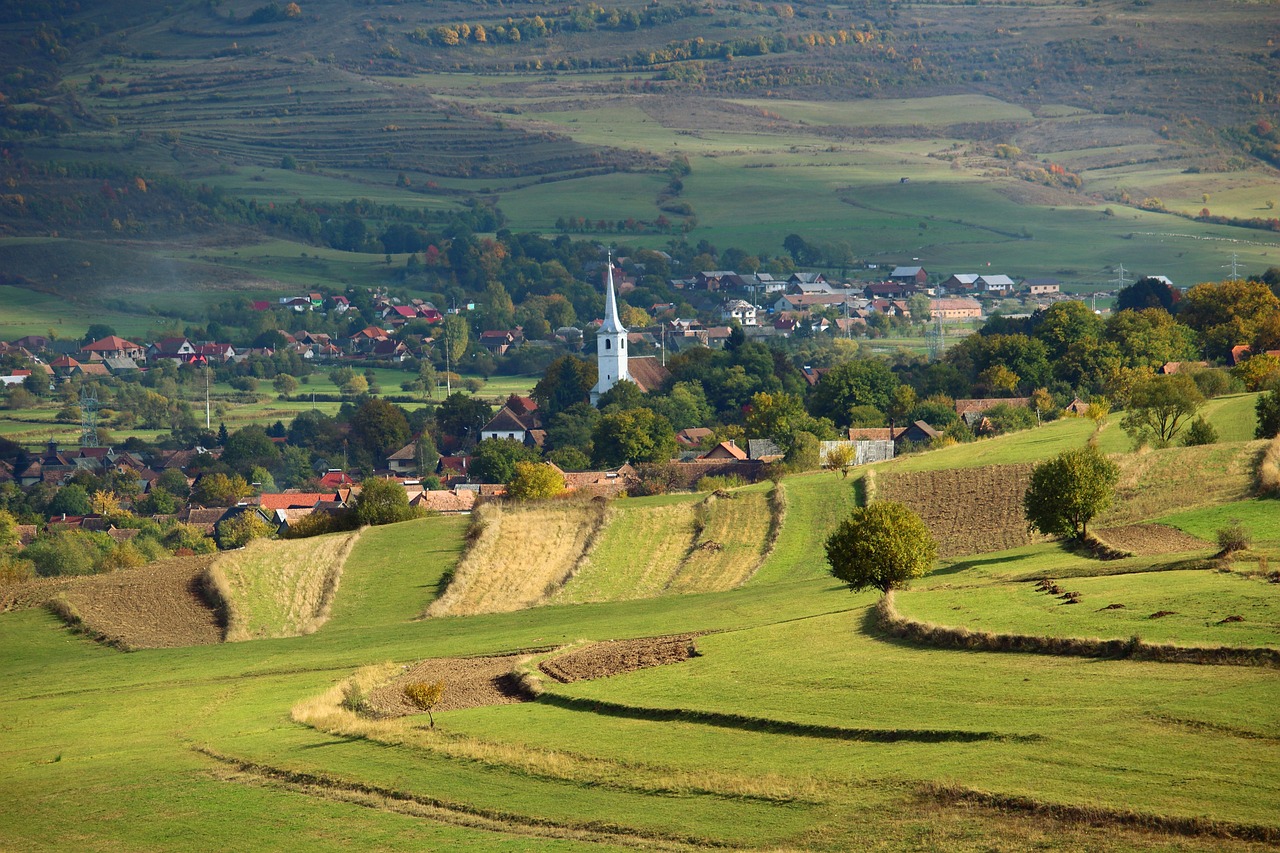Cultural Sensitivities: Understanding Local Norms in Romania
Romania, located in Eastern Europe, is a country with a rich cultural heritage and diverse traditions. To fully appreciate and respect the local culture, it is essential to understand and adhere to the cultural sensitivities and norms of the Romanian people. This article aims to provide a comprehensive guide to help visitors navigate and appreciate the cultural nuances of Romania.
Language and Communication
Romanian is the official language of Romania and is spoken by the majority of the population. English is also widely understood, especially in urban areas and among younger generations. However, learning a few basic Romanian phrases can go a long way in showing respect for the local culture. Common greetings such as “Bună ziua” (Good day) and “Mulțumesc” (Thank you) are always appreciated.
- Non-verbal Communication: Romanians value personal space and tend to stand at arm’s length when conversing. Maintaining eye contact is considered respectful and attentive.
- Punctuality: Being punctual is highly valued in Romanian culture. Arriving on time for social and business meetings is considered polite.
- Gestures: Avoid using excessive hand gestures or pointing with your index finger, as these can be seen as impolite. Instead, use an open palm or gesture with your whole hand.
- Gift Giving: When invited to someone’s home, it is customary to bring a small gift for the host. Flowers, chocolates, or a bottle of wine are common choices.
Social Etiquette
Romanians are known for their warm hospitality and friendly nature. Understanding the social etiquette in Romania can help visitors navigate social situations with ease.
- Greetings: When meeting someone for the first time, a firm handshake is the most common form of greeting. Men often greet women with a kiss on both cheeks, starting with the left cheek.
- Table Manners: When dining with Romanians, it is customary to wait for the host to begin eating before you start. It is also considered polite to finish everything on your plate.
- Respecting Elders: Showing respect to elders is an important aspect of Romanian culture. Addressing them with formal titles such as “Domnul” (Mr.) or “Doamna” (Mrs.) is appreciated.
- Religion: The majority of Romanians are Eastern Orthodox Christians. When visiting churches or monasteries, it is important to dress modestly and behave respectfully.
Traditions and Celebrations
Romania is known for its vibrant traditions and lively celebrations. Understanding and participating in these cultural events can be a rewarding experience.
- Easter: Easter is one of the most important religious holidays in Romania. Traditional customs include painting eggs, attending midnight church services, and enjoying festive meals.
- Christmas: Christmas is another significant holiday in Romania. Carol singing, decorating the Christmas tree, and enjoying traditional dishes such as “sarmale” (cabbage rolls) are common traditions.
- Weddings: Romanian weddings are elaborate and joyful affairs. Guests are expected to participate in traditional dances and celebrate the union of the couple with enthusiasm.
- Folklore and Crafts: Romania has a rich folklore tradition, with various regions showcasing unique costumes, dances, and crafts. Exploring local markets and festivals is a great way to experience this cultural heritage.
Cuisine and Dining
Romanian cuisine is hearty and flavorful, with influences from neighboring countries such as Hungary and Turkey. Exploring the local cuisine is a must for any visitor to Romania.
- Mămăligă: Mămăligă is a traditional Romanian dish made from cornmeal, similar to polenta. It is often served with cheese, sour cream, and meat.
- Sarmale: Sarmale are cabbage rolls stuffed with a mixture of rice and meat, usually pork. They are a staple dish during festive occasions.
- Mici: Mici, also known as “mititei,” are grilled sausages made from a mixture of minced meat, garlic, and spices. They are often enjoyed with mustard and fresh bread.
- Papanasi: Papanasi are traditional Romanian dumplings made from cottage cheese and served with sour cream and jam. They are a popular dessert.
Romania Image 1:

Local Customs and Superstitions
Romania has a rich folklore tradition, which includes various customs and superstitions that are still followed by some people today.
- Handshakes: It is customary to shake hands firmly when greeting someone. A weak handshake may be seen as a sign of disrespect.
- Superstitions: Romanians have several superstitions, such as avoiding walking under ladders, not whistling indoors, and crossing themselves when passing a church.
- Traditional Clothing: Traditional Romanian clothing, such as the “ie” blouse and the “fota” skirt, is still worn on special occasions and during folk festivals.
- Protective Charms: Many Romanians believe in the power of protective charms, such as the “martisor” worn in March to bring good luck and ward off evil spirits.
Romania Image 2:

Respecting Nature and Environment
Romania is blessed with breathtaking natural landscapes, including the Carpathian Mountains, the Danube Delta, and numerous national parks. Respecting nature and the environment is crucial when visiting these pristine areas.
- Littering: It is important to dispose of trash properly and avoid littering in natural areas. Always use designated bins or take your trash with you.
- Protected Areas: When visiting national parks or protected areas, follow the rules and guidelines set by the authorities to ensure the preservation of the ecosystem.
- Wildlife: Observe wildlife from a safe distance and avoid feeding or disturbing animals. Respect their natural habitat and do not remove plants or animals from their environment.
- Sustainable Tourism: Support local eco-friendly initiatives and choose responsible tour operators who prioritize environmental conservation.
Romania Image 3:

Conclusion
Understanding and respecting the cultural sensitivities and norms in Romania is essential for any visitor. By familiarizing yourself with the language, social etiquette, traditions, cuisine, and environmental considerations, you can have a more immersive and meaningful experience in this beautiful country.
References
– lonelyplanet.com
– romaniantourism.com
– romaniatourism.com
– worldtravelguide.net

